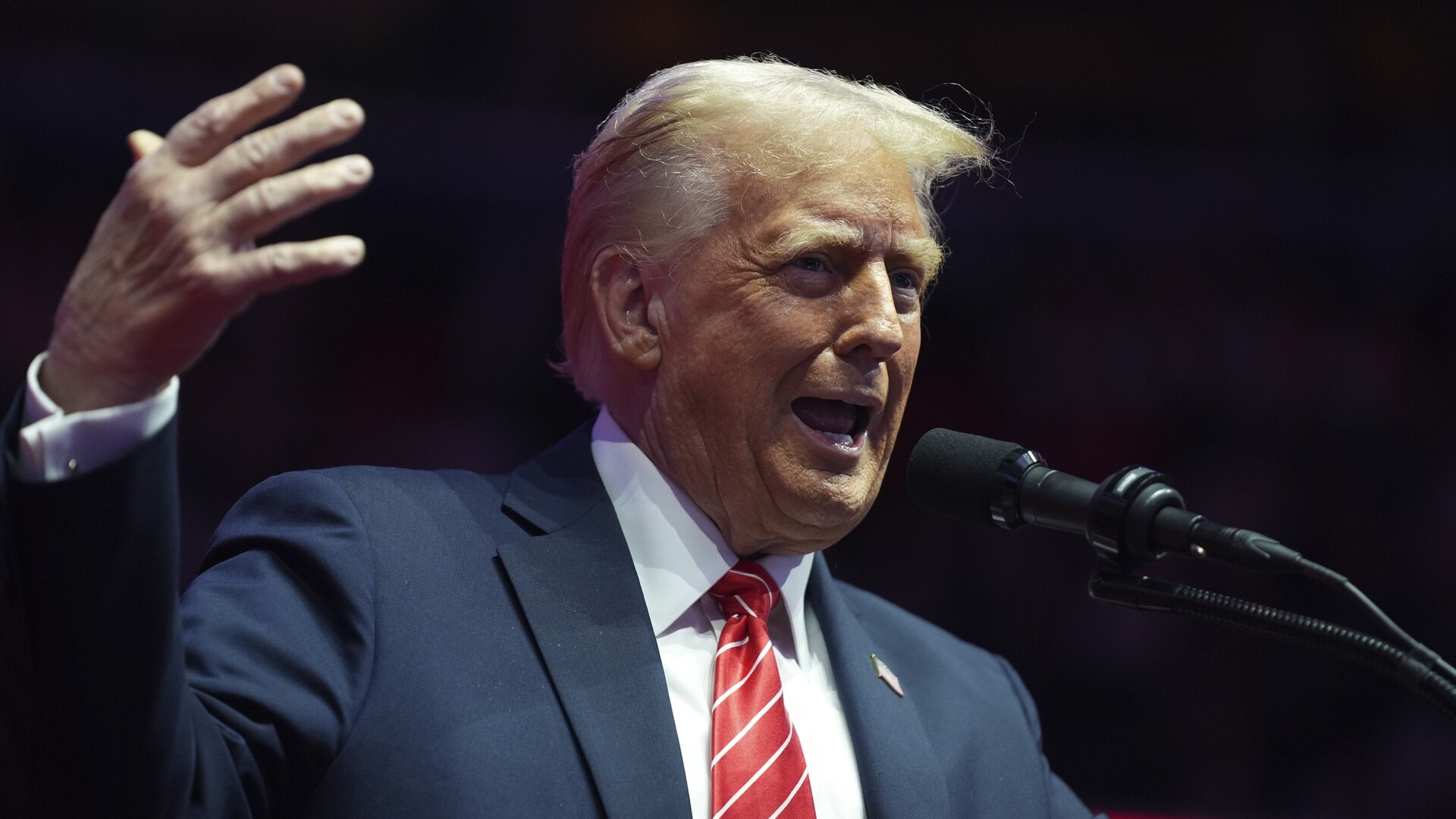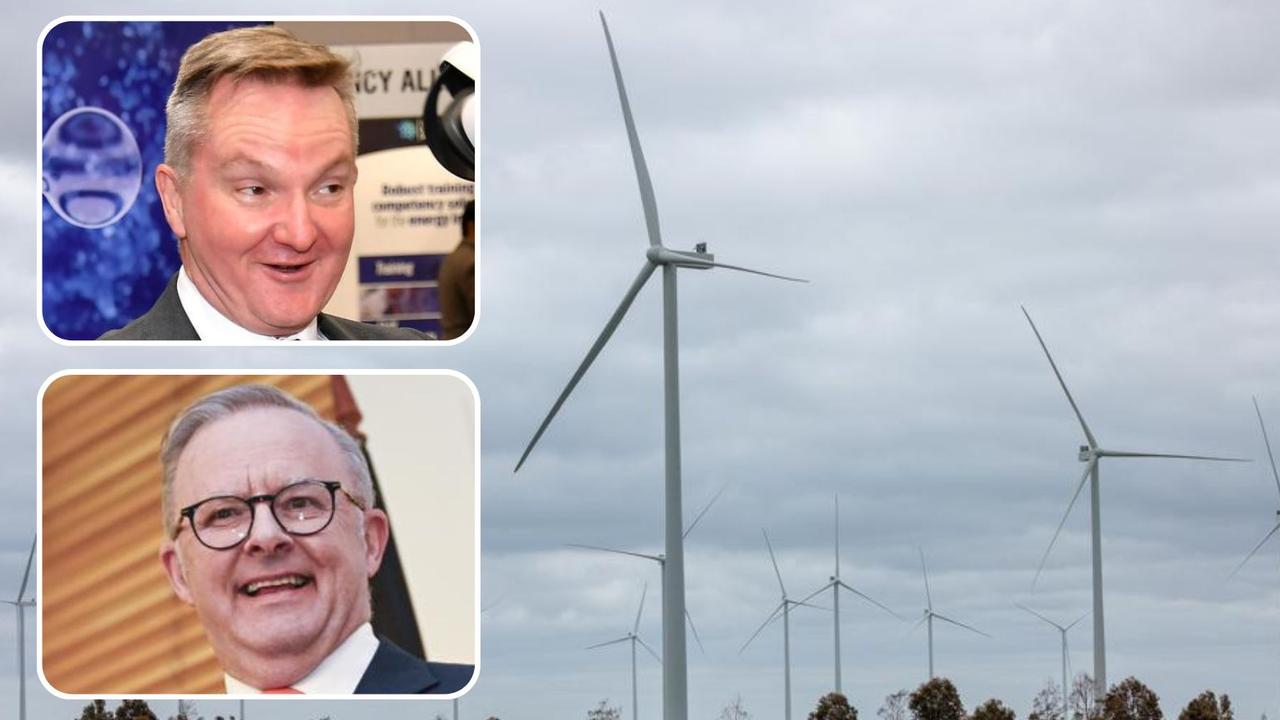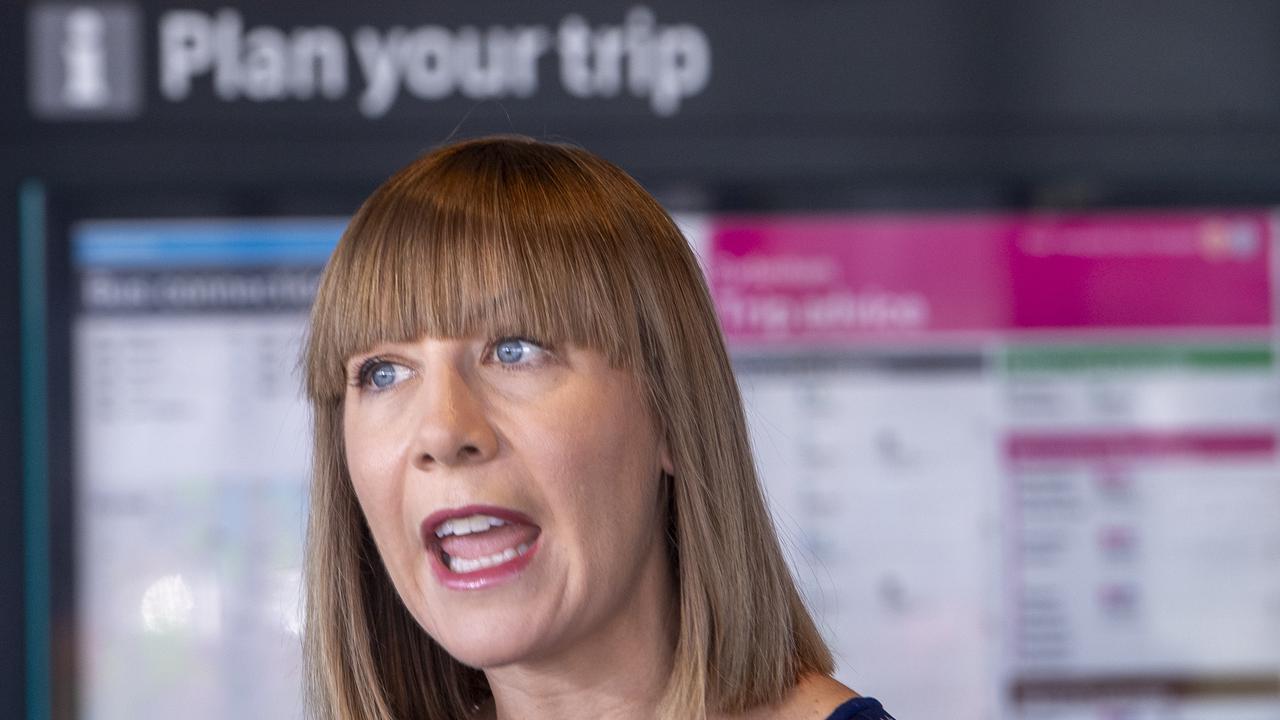How Australia can avoid Trump’s trade wars and profit from the new world order
Trump’s latest tariffs are a calculated move designed to temporarily strain Western economies, forcing allied nations to reassess their leadership and policies.

Opinion
Don't miss out on the headlines from Opinion. Followed categories will be added to My News.
The Trump administration’s use of economic leverage through tariffs is reshaping the global order.
With sweeping tariffs threatened against Canada, Mexico, and China—alongside warnings that the UK and EU could be next—this strategy is now in full motion.
The question now is whether Trump will extend this pressure to the struggling Albanese government, forcing a course correction and pulling Australia back from the brink.
This isn’t just about trade.
Trump’s latest tariffs are a calculated move designed to temporarily strain Western economies, forcing allied nations to reassess their leadership and policies.
The goal is clear: push out left-wing globalist leaders and replace them with governments that are more aligned with Trump’s vision for a revitalised Western alliance. And in Australia, that shift is already taking shape.
Prime Minister Anthony Albanese has so far avoided direct economic retaliation, but it’s only a matter of time before Australia feels the impact of Trump’s hardline trade policies.
The Albanese government faced significant pressure after American and Australian officials warned that its crackdown on social media platforms—including the now-abandoned Misinformation Bill—could trigger tariffs on Australia’s $33 billion in exports to the US.
Facing fierce opposition from the Coalition, resistance from the crossbench, and the looming threat of severe economic fallout, Labor ultimately scrapped the bill.
However, broader concerns remain about Australia’s alignment with Washington under Albanese’s leadership. Meanwhile Peter Dutton’s opposition continues to gain ground, with polls increasingly showing him as the likely next Prime Minister.
Unlike previous Coalition leaders, Dutton has built strong appeal among young male voters, a demographic traditionally sceptical of conservative politics. His stance on issues like law and order, border security, and economic stability resonates with a group that feels increasingly alienated by Labor’s progressive policies.
Albanese, on the other hand, is struggling to maintain support, with voter sentiment shifting away from his government’s interventionist approach and towards a more pragmatic, national-interest-driven outlook.
Australia isn’t alone in this shift.
Trump’s tariffs on Canada have created immense pressure on Justin Trudeau’s government, forcing him to resign, while Conservative challenger Pierre Poilievre has surged in popularity.
In the UK, Labour leader Keir Starmer is facing mounting opposition, with Nigel Farage’s Reform Party gaining traction amid widespread dissatisfaction with progressive governance.
The pattern is clear: Trump is using economic pressure to force Western allies to either course-correct or face political consequences.
If Dutton wins the next election, expect Australia’s relationship with the United States to strengthen almost immediately.
A Dutton government would likely align more closely with Trump’s economic and strategic goals, securing better trade terms and ensuring Australia remains a key partner in Washington’s broader plan to counter China’s influence.
Albanese, by contrast, risks isolating Australia if he continues down the path of regulatory overreach, high taxation, and unchecked migration - one of the primary drivers of Australia’s housing affordability crisis.
Some critics argue that Trump’s aggressive use of tariffs is a form of economic bullying, but that argument ignores reality.
America has always been a dominant force in global trade and diplomacy—that’s the nature of being the world’s most powerful economy. Get used to it.
The difference is that Trump is explicit about using this influence to push Western nations into alignment on issues he considers critical, such as increasing NATO contributions, reducing illegal migration, and prioritising national sovereignty over globalist policies.
We can debate whether Trump’s use of tariffs is fair or whether they are the best tool to achieve his goals, but the strategy is clear—and it’s working. The mere suggestion of tariffs has already forced British Prime Minister Keir Starmer to shift his stance, declaring he would seek a stronger trade relationship with the U.S. after Trump threatened to slap Europe with tariffs.
This economic pressure, combined with Musk’s X shaping political narratives and Meta’s shift towards free speech, is driving a political realignment across the West. And Australia’s political realignment is no exception.
What we are witnessing is more than just another election cycle. This is a structural shift in Western politics, where globalist leaders are being replaced by governments focused on national strength, economic resilience, and strategic alignment with the United States.
Social media and the fight against Albo’s Misinformation Bill was the first battleground. Economic pressure is the next.
Australia’s future will be determined by whether Albanese doubles down on failed policies or whether Dutton seizes the moment and aligns the country with the new political reality of the West.
Brian Marlow is the President of the Australian Taxpayers’ Alliance.


